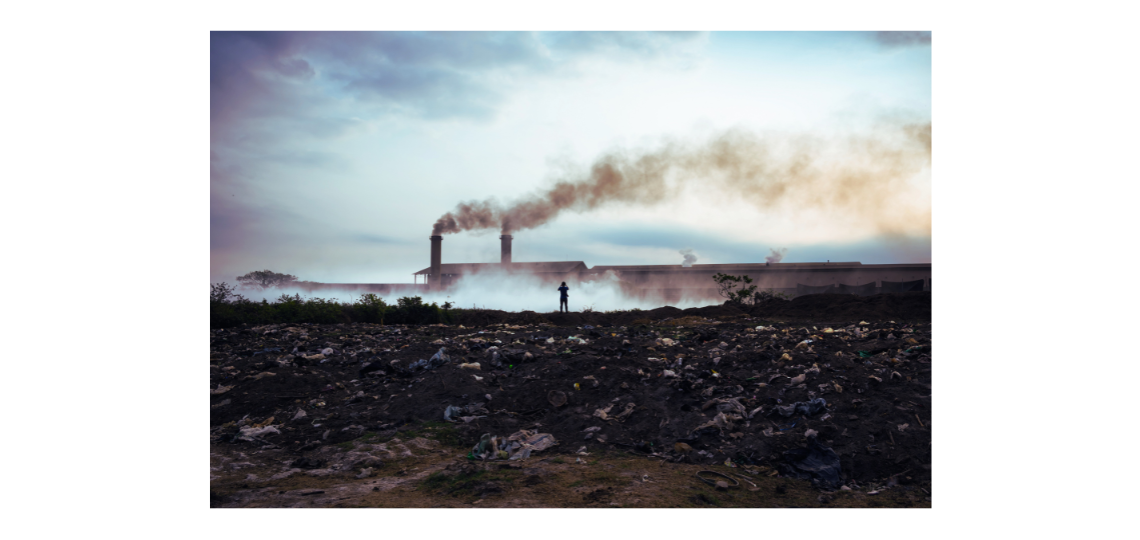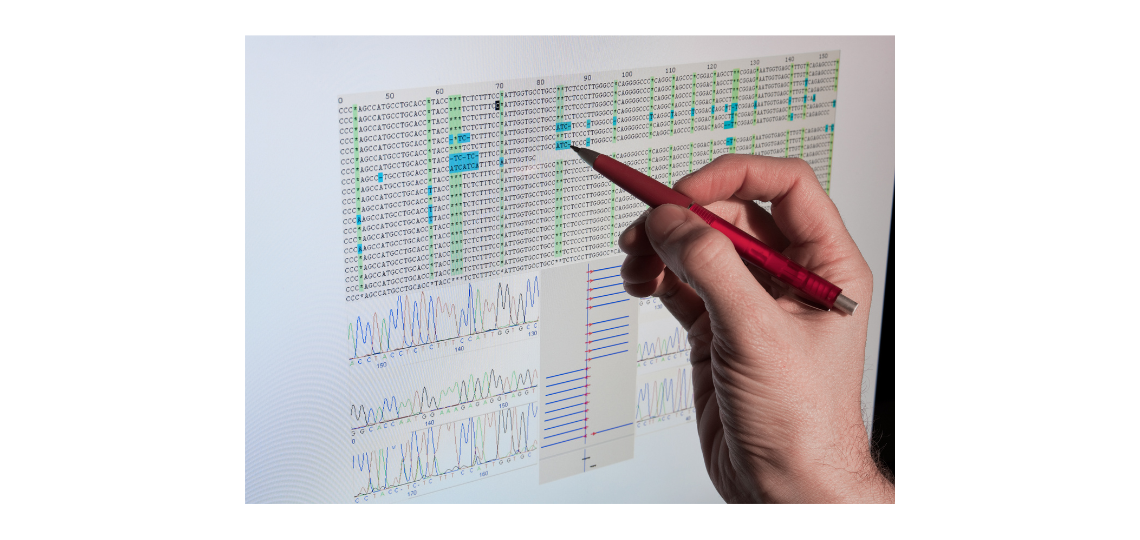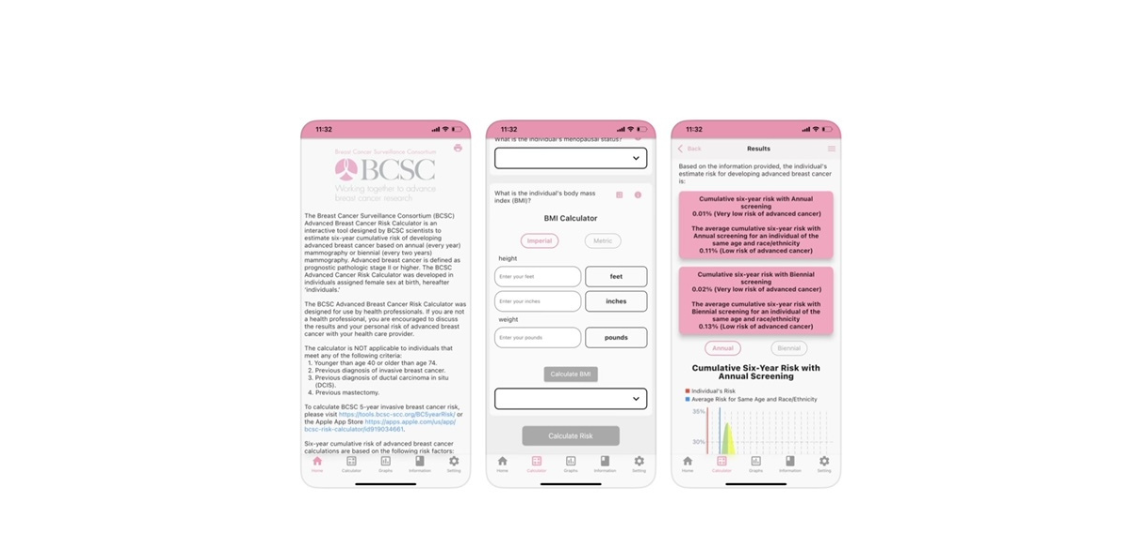One of the first researchers supported by the UCSF EaRTH Center is Kimberly Badal, PhD, a WISDOM Study scientist originally focused on infectious disease research. After discovering the high burden of cancer in her home country of Trinidad and Tobago, however, she changed course. Part of her research now focuses on creating better models that can predict a risk for developing specific types of breast cancer, with a focus on women of color and people’s environmental exposures. The UCSF Program on Reproductive Health and the Environment held an interview reported on below with Dr. Badal to learn more about her cutting edge research recently funded by a grant from the Department of Defense, through the California Breast Cancer Research Program.
Q.What inspired you to work on breast cancer prevention?
Badal: I did my master’s in infectious diseases and HIV vaccine development. When I moved back to the Caribbean, I realized cancer was much more of an issue than infectious diseases. I had several friends and family members die of cancer, so I decided to switch my focus to women’s cancer for my PhD and postdoctoral work.
Q. Breast cancer risk is not the same. Who is more at risk and why?
Badal: Determining who is more at risk and why is a very difficult question to answer and is a large part of the work of the (UCSF) Breast Care Center and a focus of my research. We know that women who have pathogenic mutations in the BRCA 1 and BRCA 2 genes, for example, are at high risk but they are also small percentage of the population. The question is, who else is at high risk and how can we find those women? My work focuses on considering whether information about a woman’s environmental exposures across her life course can help us find more women at highest risk. I will be leading this work within the WISDOM Study, which is testing a personalized approach to breast cancer screening.
Q.How will your work change breast cancer detection and prevention?

Badal: We hope to change the one-size-fits-all approach that is currently used for breast cancer screening and prevention. Currently, most women are given the same recommendations about how to screen for breast cancer. For example, the new USPSTF guidelines say women should screen every two years beginning at age 40, but it doesn’t consider a woman’s individual risk for specific breast cancer subtypes. If you are at high risk of aggressive disease, breast cancer may occur between your screens. So, we hope to build better risk models that can predict short-term risk so we can tailor screening to each woman. This is the work of the WISDOM Study led by Dr. Laura Esserman.
Q. You have been awarded some major grants to do this work, can you describe the work of these grants?
Badal: I have received two awards, one from the Department of Defense (DoD)* and one from California Breast Cancer Research Program (CBCRP) to look at environmental exposures and breast cancer risk.
One of the goals of our DoD grant is to use the WISDOM study to look at a woman’s environmental exposures at home to air and water pollution, for example, and exposures at their job to toxic chemicals known or suspected to increase breast cancer risk. We will also look at changes in their DNA that may be associated with these exposures. WISDOM has more than 50,000 women enrolled across the US, including women from the Veterans Administration. We will also be looking at the exposures of women who served in the military.
The goal of the CBCRP grant is to get an individual-level assessment of exposures using blood samples. This work will be done in using the Athena Health Network, which is a cohort of women who were screened across the UCs (University of California medical centers). Women are enrolled once they get a mammogram at a UC and then they are followed over time. We will look at the differences in the full spectrum of chemicals present in the blood of women who were eventually diagnosed with breast cancer and compare it with women who did not develop breast cancer. We will look at difference in the concentrations of chemicals and whether there are some chemical mixtures that are most dangerous.
Q.Given your research, what advice do you give women who are concerned about their breast cancer risk?
Badal: Join the WISDOM study! It’s the only study in the US that gives you a free, comprehensive breast cancer risk assessment that considers multiple factors. You will also be helping us improve how we estimate risk. You can join online via www.wisdomstudy.org.
Q.How has your involvement in the EaRTH Center helped your work?
Badal: In 2023 I received seed funding from the EaRTH Center to collect data on environmental exposures in Athena. I was always interested in studying the environment but did not have the data to do so. EaRTH exposed me to new ways of collecting environmental data and provided funding and mentorship to do so. I am very grateful to EaRTH, and especially to Dr. Peggy Reynolds, for their mentorship and collaboration.
*The work was supported by the Assistant Secretary of Defense for Health Affairs endorsed by the Department of Defense, in the amount of $6,778,819.00, through the California Breast Cancer Research Program under Award No. HT9425-24-1-0182. Opinions, interpretations, conclusions, and recommendations are those of the author and are not necessarily endorsed by the Assistant Secretary of Defense for Health Affairs or the Department of Defense.
This article was written by the UCSF Program on Reproductive Health and the Environment at this link: https://prheucsf.blog/2024/07/16/personalizing-breast-cancer-risk-and-detection/



